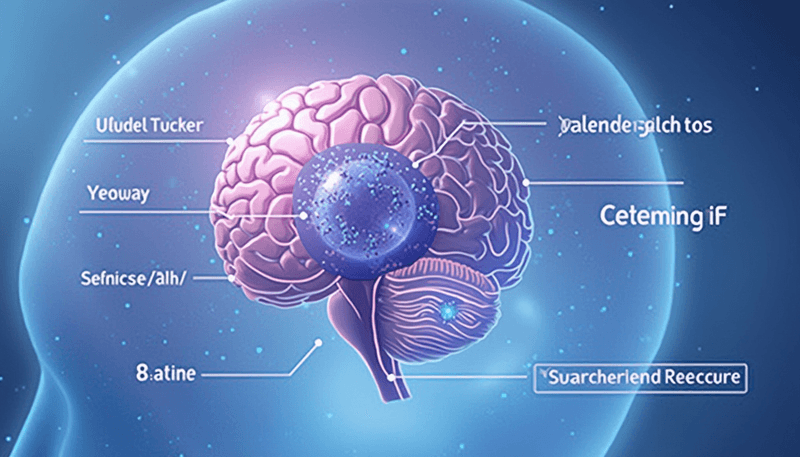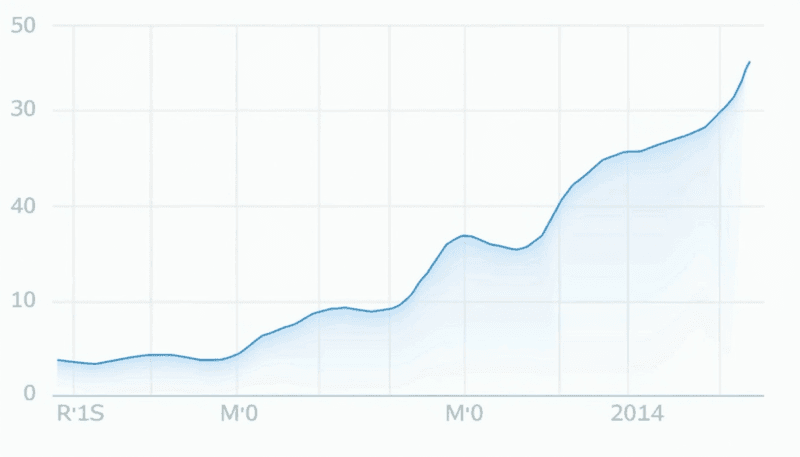New Hope for Hot Flash Relief

Breaking news in menopause research has emerged with groundbreaking results from a comprehensive clinical trial that could transform how we manage hot flashes. A recent study published in the Journal of Clinical Endocrinology & Metabolism reveals promising results for a non-hormonal treatment option that could help millions of women experiencing moderate to severe hot flashes find relief without the need for hormone therapy.
Understanding the Science Behind Hot Flashes
Hot flashes aren't just uncomfortable moments - they're complex biological events triggered by changes in your brain's temperature control center. Think of your brain's temperature regulation like a sophisticated thermostat in your home. During menopause, this thermostat becomes extra sensitive due to declining estrogen levels, causing it to signal false alarms about body temperature changes.
"Have you ever wondered why hot flashes feel so intense and seem to come out of nowhere?"
The new medication, fezolinetant, works by targeting specific receptors in the brain called neurokinin-3 receptors. These receptors are like switches that get stuck in the "on" position during menopause, constantly triggering the body's heat response. By blocking these receptors, fezolinetant helps restore normal temperature regulation.
Impressive Results for Sleep Quality
One of the most significant findings from the study was the improvement in sleep quality. Over 50% of women taking fezolinetant reported better sleep within just four weeks of treatment. This is particularly important because night sweats often lead to sleep disruption, creating a cascade of daytime fatigue and mood changes.
Here's what the improvement looked like for many women:
- Fewer nighttime awakenings
- Easier time falling back asleep after hot flashes
- More refreshed feeling in the morning
- Better daytime functioning
"Think about how much better your days could be with consistent, uninterrupted sleep."
Safety and Long-term Benefits
The study showed that fezolinetant is not just effective but also well-tolerated by most women. Unlike hormone therapy, which may not be suitable for everyone, this non-hormonal option provides a new path for relief. The benefits were sustained over the entire 52-week study period, suggesting long-term effectiveness.
Key safety findings include:
- Low incidence of serious side effects
- No significant liver function concerns
- Minimal drug interactions
- Option for women who cannot or prefer not to take hormone therapy
Quality of Life Improvements
Perhaps the most meaningful outcome was the positive impact on daily life. Women in the study reported:
- Better concentration at work
- More confidence in social situations
- Improved relationship satisfaction
- Enhanced overall well-being
"What aspects of your life could improve with better control over your hot flashes?"
The research showed that women taking fezolinetant experienced a 50-60% reduction in hot flash frequency by week 12 of treatment. This dramatic improvement allowed many participants to return to activities they had previously avoided due to unpredictable symptoms.
Conclusion: This research opens new possibilities for women seeking relief from menopausal symptoms. The development of fezolinetant represents a significant advancement in non-hormonal treatment options, offering hope to those who have struggled to find effective solutions for their hot flashes and related symptoms.
"Ready to take control of your menopausal symptoms? Talk to your healthcare provider about these new treatment options and whether they might be right for you."

Dr. Anya Sharma, MD
Dr. Anya Sharma is a board-certified gynecologist with over a decade of experience specializing in women's health and patient education. She graduated from Johns Hopkins School of Medicine and completed her residency in Obstetrics and Gynecology at a top hospital in New York City. With a passion for empowering women, Anya transitioned to content creation to provide accessible, evidence-based information on health topics relevant to mid-aged women. Her empathetic and pragmatic approach combines medical expertise with relatable insights, making her a trusted voice in the field.






